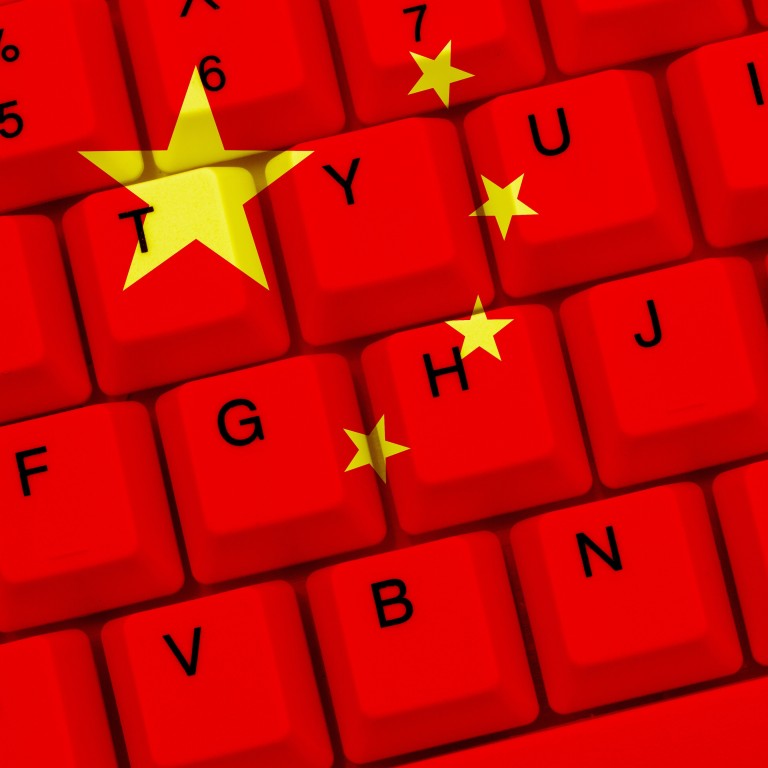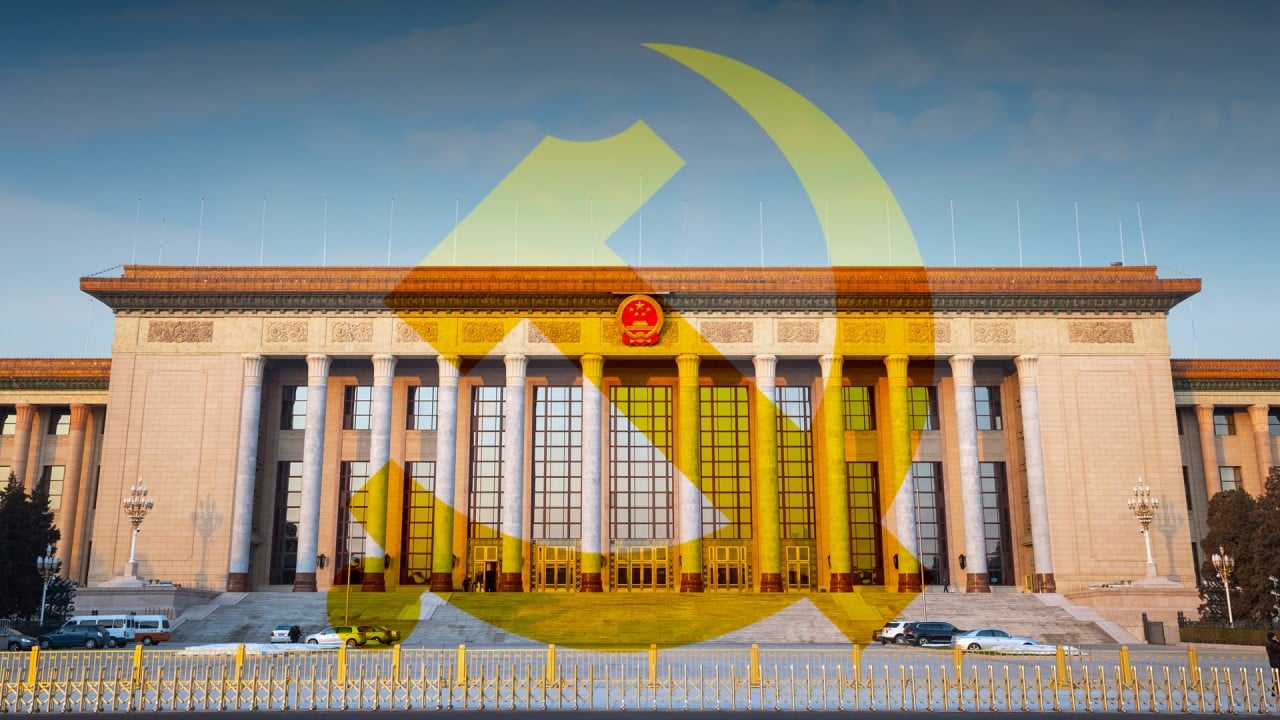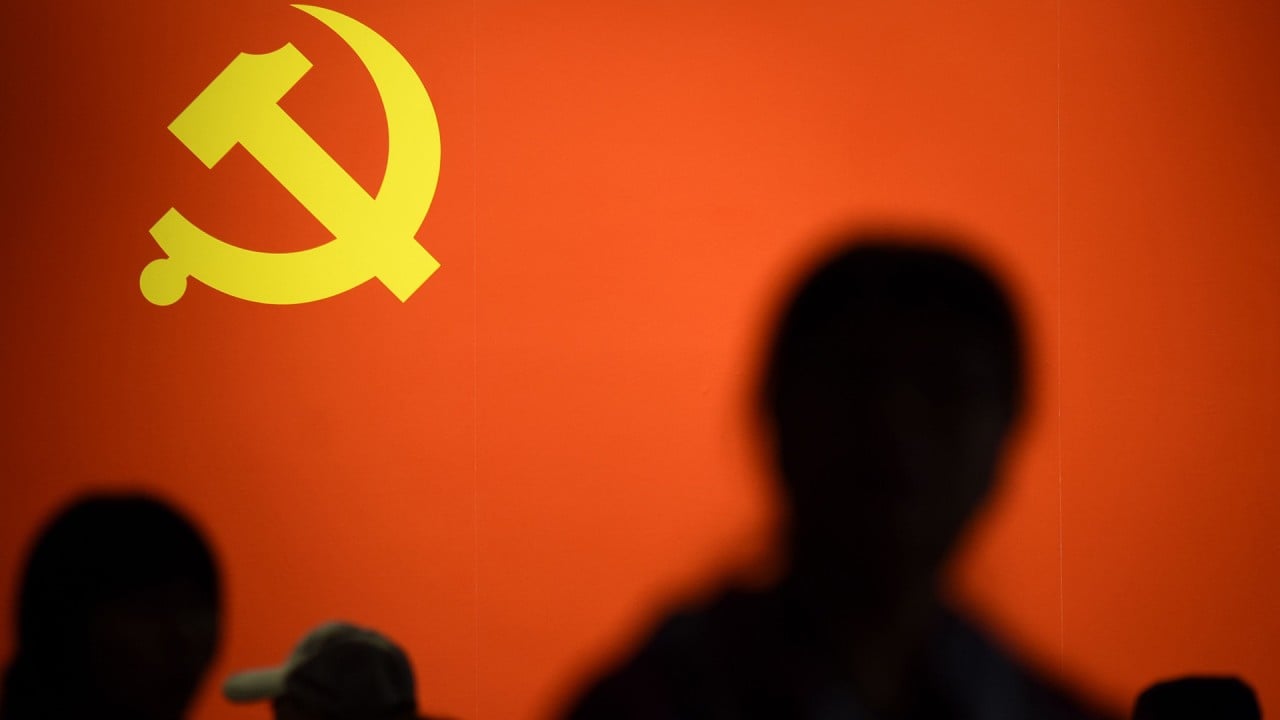
China deletes 2 million online posts for ‘historical nihilism’ as Communist Party centenary nears
- Deleted posts had ‘polluted’ the online environment with ‘harmful’ discussion of history, cybersecurity administration says
- Posts ‘distorting’ party history or attacking the leadership are targeted in crackdown on discussion that challenges the official narrative
“For a while, some people have disseminated harmful information with historical nihilism on the internet, under the guise of reflection and declassification,” said Wen Youhua, a division director at the Cybersecurity Administration of China (CAC), during a press conference in Beijing on Saturday.
“Historical nihilism” is a term coined by the Chinese government that refers to discussion or research that challenges its official version of history.

06:45
SCMP Explains: How does the Chinese Communist Party operate?
President Xi Jinping reiterated in February that the party opposed historical nihilism as he ordered a campaign to study party history before the July 1 centenary.
Wen said the deleted posts had “polluted” the online environment and his office had launched a specific campaign for the centenary.
“Since the beginning of the campaign, we have lawfully dealt with a large number of [social media] accounts that disseminated historical nihilism,” he said. “[We] have urged various websites to delete more than 2 million posts that violated laws or regulations.”
New textbook stirs debate by saying Cultural Revolution led to ‘disaster’
The CAC’s website invites people to report posts that “distort” the history of the party, or China since the party’s rule began in 1949. Other criteria given include “attacks on the party leadership”, “slandering heroes” and vilification of traditional Chinese culture.
Marking the centenary has been identified as the party’s most important political task this year and Xi has promised a “grand celebration”. Officials across the country have been told to ensure “social stability”.
The party has stepped up efforts to educate members and the public about its history, with several films and television dramas on the subject being broadcast.
The campaign will cover party history since its 1921 origins, but focus heavily on “historic successes” achieved since 2012, Xi said in February. Xi became the party’s leader that year.

02:33
How China censors the internet
In various speeches since then, Xi has linked discussion of history to the party’s legitimacy. In a 2013 address, he accused unnamed “hostile forces” of undermining the party’s rule by challenging its official account of the past.
But Xi has described uncontrolled public discussion of such events as a threat to the party’s rule, and said it was partly responsible for the collapse of the former Soviet Union.

